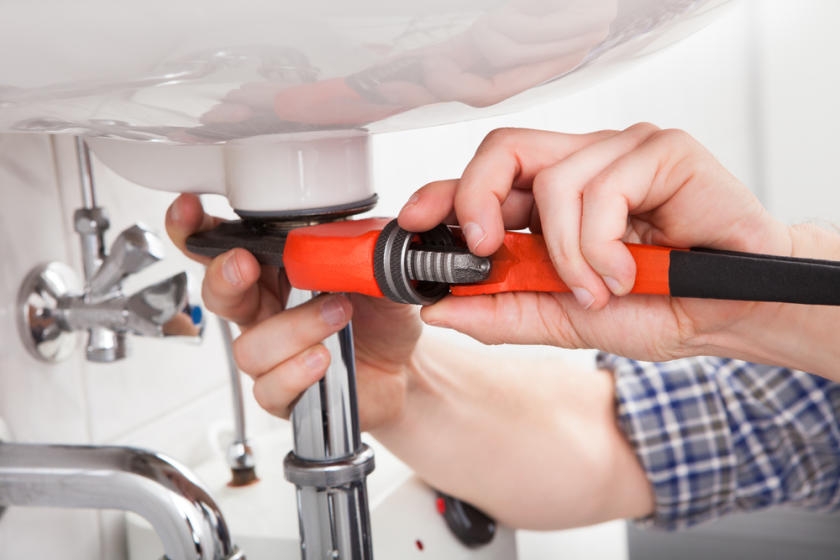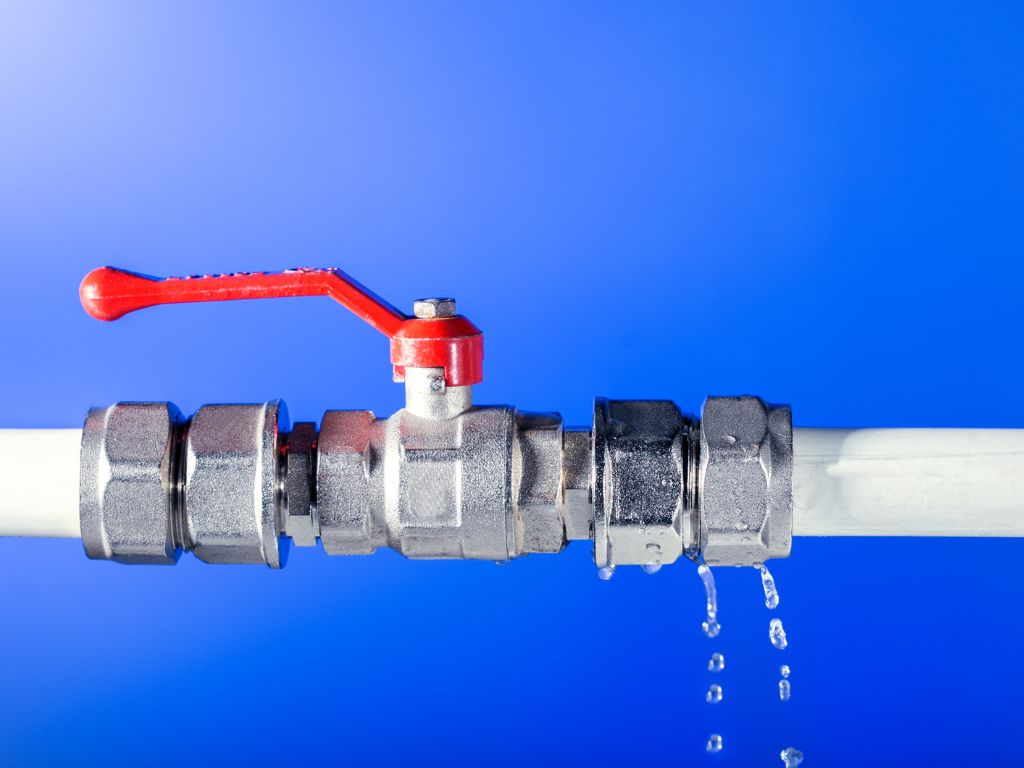Critical Solutions to Follow Until Professional Help Arrives
Critical Solutions to Follow Until Professional Help Arrives
Blog Article
This article down the page on the subject of Expert Tips for Emergency Plumbing Repairs is particularly interesting. Check it out for yourself and decide what you think about it.

Pipes emergencies can strike at any time, creating anxiety and prospective damage to your home. Whether it's a ruptured pipe, a clogged up drainpipe, or a leaking faucet, recognizing exactly how to manage the circumstance up until a professional plumbing professional arrives can conserve you from further issues. This article supplies important emergency pipes suggestions to aid you mitigate damages and regain control during a pipes crisis.
Shut off the Water
The initial step in any kind of pipes emergency is to turn off the water. For localized problems, such as a dripping faucet or bathroom, switch off the shutoff near the fixture. In the case of a major leakage or ruptured pipe, find your home's major water shut-off shutoff and turn it off right away. Recognizing the location of these valves in advance can save important time throughout an emergency situation.
Shut Off Your Water Heater
In certain emergencies, such as a ruptured pipeline, it's wise to shut down your water heater. This avoids overheating or damages to the unit when water stops flowing. Shut off the power supply to the hot water heater (electrical or gas) and allow it cool off to prevent prospective risks.
Temporarily Stop a Burst Pipe
A burst pipeline can bring about considerable water damage in mins. To minimize the concern:
Call a professional plumber immediately to resolve the trouble permanently.
Have an Emergency Pipes Package
Prepare a fundamental plumbing emergency package to manage minor issues properly. Your kit should consist of:
Having these tools on hand can make a considerable distinction in your capability to take care of emergency situations.
Unclog Drains Pipes Safely.
A clogged drainpipe can be a discouraging and messy concern. Right here's how to tackle it:.
If these methods don't work, avoid utilizing too much force, as it might aggravate the clog.
Take Care Of Overflowing Toilets.
An overflowing bathroom can create instant disorder. Here's what you must do:.
Address Tiny Leaks with Short-term Solutions.
Small leaks can swiftly come to be significant problems if left unattended. Utilize these short-lived fixes until expert help arrives:.
While these solutions aren't irreversible, they can aid decrease water loss and damages.
Take Care Of Frozen Piping Carefully.
In colder climates, frozen pipelines are an usual emergency situation. If you believe an icy pipeline:.
Know When to Call a Professional.
While quick fixes can help momentarily, particular pipes problems require immediate specialist focus. Call a plumbing technician if:.
Without delay speaking to an expert ensures the concern is solved properly and prevents more problems.
Prevent More Damage.
Taking fast activity to minimize damages can save you money and time over time. Here's exactly how:.
Final thought.
Plumbing emergency situations can be overwhelming, however with the right understanding and devices, you can handle the scenario effectively up until aid arrives. By switching off the water supply, attending to small leaks, and making use of short-term repairs, you can minimize damage and maintain your home safe. Keep in mind, these ideas are short-lived remedies; constantly consult a certified plumbing professional to deal with the source of the trouble. Preparation and quick reasoning are your ideal allies in any plumbing emergency situation.
8 Helpful Tips for Managing Plumbing Emergencies at Home
If your plumbing system hasn’t failed once, wait for it because almost everyone has a story to tell. Sometimes, it could be simple emergencies such as a leaking pipe, a blocked cistern, or even a big burst pipe. In situations like this, you need to have some handy tips to save you some money and from possible damages.
Take care of minor issues early.
Sometimes, you could have avoided an emergency by taking proactive measures while it was still early. Some major plumbing emergencies can be a result of an ignored minor issue. We recommend that you have items like plumbing tapes and other related items. A plumbing tape can allow you to manage minor leaks before the plumber arrives.
Cut off the water supply.
This tip is essential in almost any type of leakage problem. For problems like minor leakages in the toilet or kitchen, turn off the supply that takes water to the affected pipes. If the leakage is a major pipe, you must shut off the supply valve to the entire building. This will help you avoid flooding your home and neighbors if you share a flat.
Know your plumbing system
Folks typically move into a new apartment without understanding the water supply around the building. This can prove disastrous if a water emergency arises and the plumber is far away. The previous tip will prove useless if you don’t practice this one. More importantly, know where your water shut-off valve is located – you’ll need that knowledge to prevent potential home floods.
Have some common handy tools
There are lots of plumbing emergencies that you can handle without hiring a plumber. That’s why you must keep some tools available always. Some tools that you can use to fix simple plumbing emergencies easily include plumbing tapes, screwdrivers, thread seal tapes, plungers, pliers, tape measures, and rubber gloves.
Insulate your pipes from cold
You’ll save yourself from many plumbing expenses if you protect your water pipes from the cold. This is because of the harmful effects that cold weather can have on your pipes. During winter, your pipes can burst from being overly expected to freezing temperatures. So, make sure insulators are there to keep the pipes working correctly.
Avoid practices that will clog your toilet.
Many people indulge in practices that can damage the plumbing system of the entire building. One of these is when they use their toilet to dispose-off garbage. They flush all kinds of things, such as paper towels, bandages, hairs, female sanitary products, etc., down the toilet. This will block your toilet in the long run, incurring unnecessary expenditures. Dump such waste in the trash instead.
Check your dials regularly.
Sometimes, there could be leakages in your home without noticing them in time. So, constantly monitor your water meter dial. If the dial is reading when there is nobody using water, this is an indicator that there is leaking. Check for leaks immediately. Call a plumber as soon as possible if you can’t find any.
https://www.constructionplacements.com/8-helpful-tips-for-managing-plumbing-emergencies-at-home/

I'm certainly very enthusiastic about Expert Tips for Emergency Plumbing Repairs and I am assuming you appreciated our blog posting. For those who liked our article plz remember to pass it around. We truly appreciate reading our article about What to Do During a Plumbing Emergency.
Explore Now Report this page